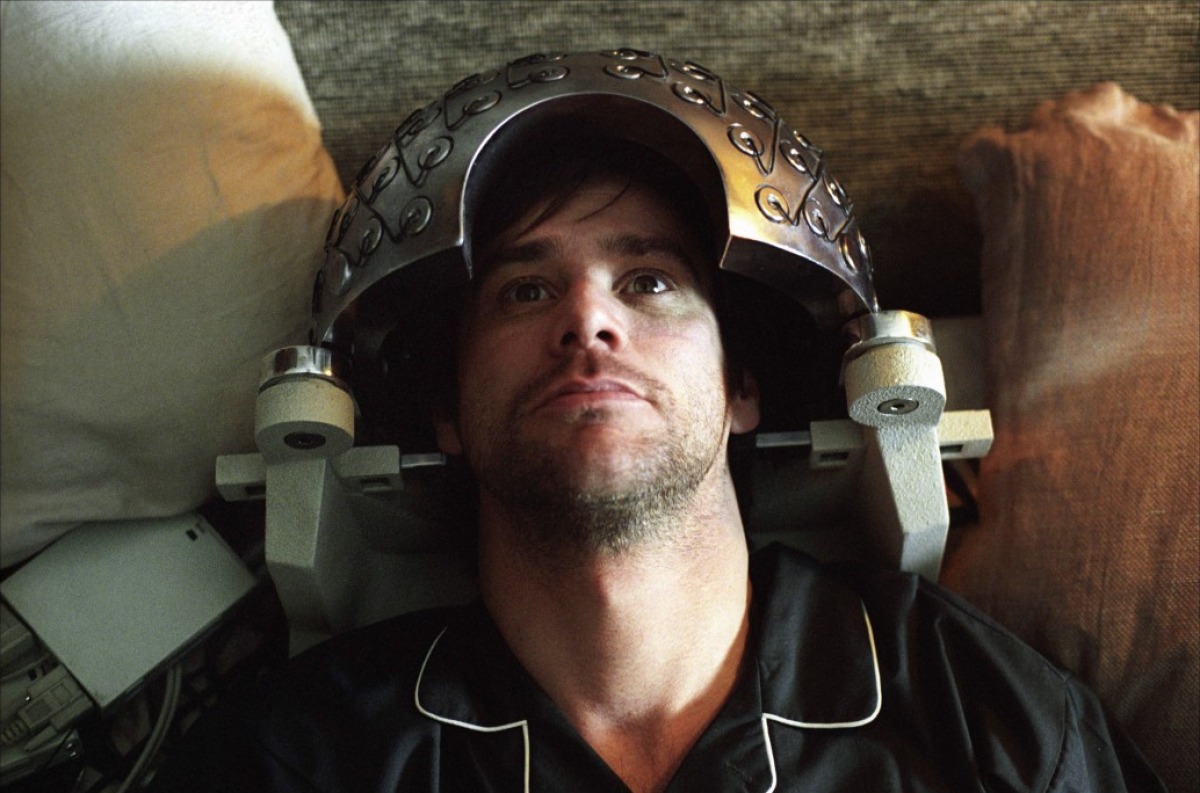
Flying cars, ray guns, robotic maids, and hover boards are still the stuff of fiction and imagination. Humans are not yet an interplanetary species and your uncle Larry is still doing his time in Lewisburg, not on an otherwise abandoned island formerly known as Manhattan. Do film lovers have any choice but to feel let down by the predictions of screenwriters and directors of the past 150 years?
However, a nuclear holocaust, zombie apocalypse, man-made plague, or large-scale war with artificial intelligence have been avoided.
So far.
For that, perhaps we should be grateful. With the benefit of hindsight, it’s incredibly easy to dump on everything that even great filmmakers have gotten wrong. Maybe some time should be taken to appreciate the things that Hollywood pegged correctly?
Predicting the future of technology – in some films this functions as an ancillary amusement. In others it is imperative to the fabric of the story. Some writers and filmmakers simply get lucky. Others consider it part of their craft. Let’s hear from both.
Here are ten films that successfully predicted future technology.
1. Gesture-Based Computing / Targeting Advertising – Minority Report
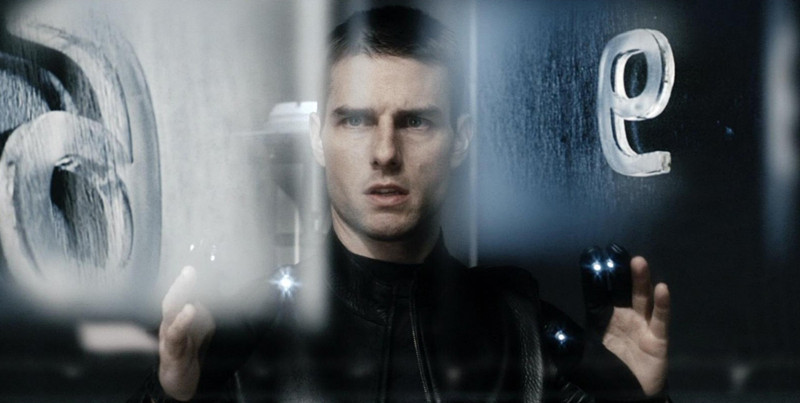
Steven Spielberg has impacted every genre of film, and science fiction has been no exception. In his 2002 adaptation of the oft-adapted Phillip K. Dick, Spielberg delivered another memorable and important masterpiece. Although Minority Report’s underlying principle is itself based on future technology that may come to fruition, the focus here is the technology in the film that has already been realized.
Presently “swipe, pinch, and pull” touchscreen technology is a mainstay in computing, but Minority Report hit the box office a full year before the release of Motorola’s RAZR. Yet onscreen was Chief John Anderton (Tom Cruise) gesturing wildly through the air- successfully manipulating digital displays of information throughout the room.
While this technology has only been delivered in limited quantities in gaming systems and certain office and healthcare applications, it’s no longer a matter of if gesture based computer interface imbeds itself deeper into the mainstream – it’s a question of how long it will take.
Additionally, this film famously explored another way people will be (and already are) interfacing with technology – targeted advertisements. Unlike the means by which consumers interface with computers, this change has been forced up them, whether they like it or not.
When the tables turned on Chief Anderton and he found himself at the business end of a precrime arrest proceeding, he had a difficult time remaining anonymous – in large part due to interactive and targeted adverting.
Consumers’ unwillingness to pay for basic digital services such as email, Facebook, and Twitter come at a cost. Revenue must be generated somewhere, so advertising messages virtually follow consumers relentlessly.
Ads cross social media mediums. They infect unrelated webpages. They know your favorite stores, your past purchases, your taste in shoes, and what you’ve browsed lately.
Currently one is able to spend time in commercial spaces, such as shopping or strip malls, without being harassed by digital advertising. But it’s likely that this freedom will be ending – soon. One can only hope that a method of “opting-out” of such advertising emerges. Preferably one that doesn’t require a double eye transplant.
2. Intentional/selective Memory Erasure – Eternal Sunshine of the Spotless Mind
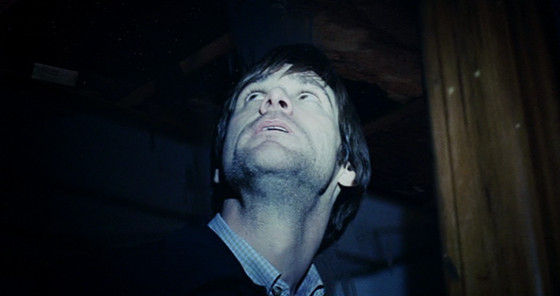
Why suffer through the pain of mending a broken heart when forgetting the heartache altogether is just one non-invasive medical procedure away? This such procedure could not ultimately conquer fate in either of the two romantic story arcs in Eternal Sunshine of the Spotless Mind, but could it attain success in the real world? People of the near future may just find out.
The aforementioned film is set in either an alternate present or a very near future where it is possible to have the memories of a failed love erased completely. One call, one consultation, one pill, one night, and one visit from the specialists at Lacuna, Inc. is all it takes.
A few hours later, you wake up with no memory of whom you chose to forget. While modern day technology is not (yet?) capable of such a specific erasure of selective memory, scientists have discovered a method to disassociate negative feelings from past memories, or erase the memory altogether.
Just as in the film, this technique focuses of the vulnerability of memories once they are recalled in the brain. The process, involving the alteration of brain chemistry through drugs, is much too boring to explain in this article, but suffice it to say that scientists have successfully separated bad feelings from their related memories, and erased undesired memories altogether.
3. Fully Autonomous Vehicles – Total Recall (1990)
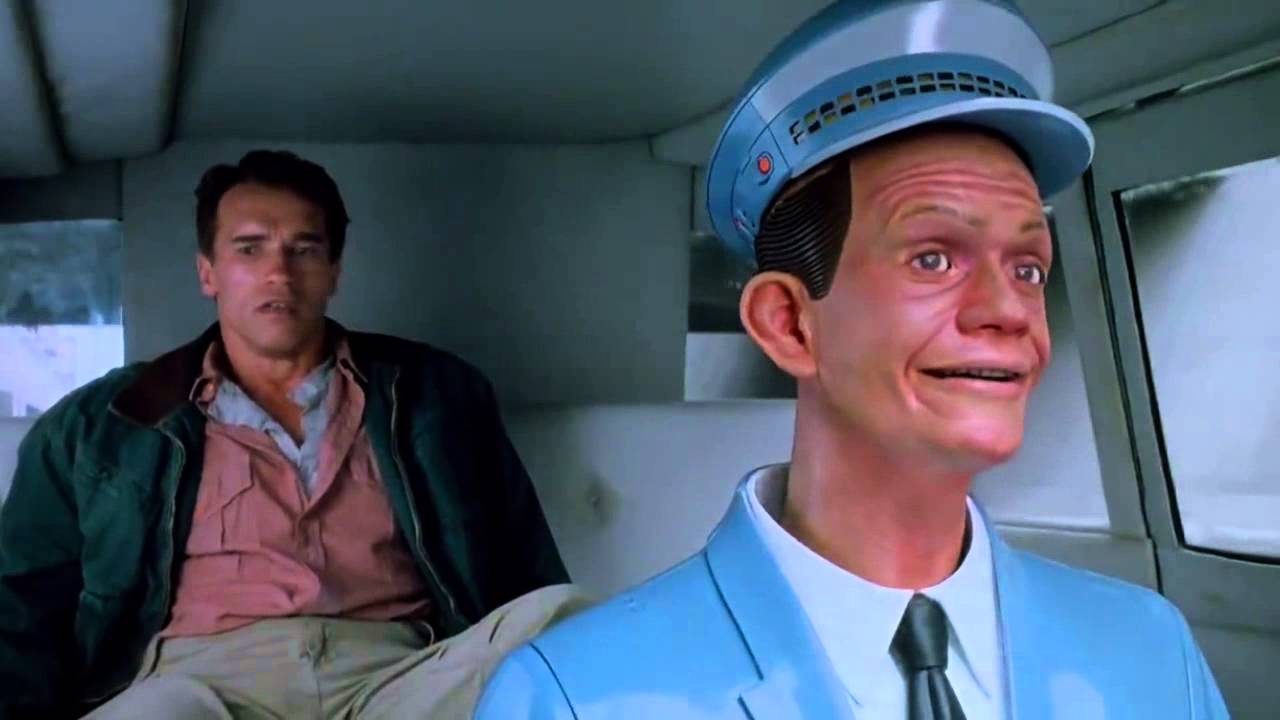
What if your problem is not that you suffer from painful memories, but a lack of pleasant ones? Trek down to Recall and have your dream vacation package implanted.
And if you need a ride, how about a Johnny Cab?
The year is 2084. Humans have colonized Mars, mechanized and exploding facial disguises are available for consumer purchase, and taxi cabs are fully automated (but piloted by an incredibly creepy, half-androids named Johnny). All one must do is hop in the cab, give directions to the automated cabbie, and enjoy the ride.
Although his first encounter with Johnny Cab went as planned, when the Governor stepped into the cab a second time, circumstances were different. This time, Arnie was under the duress of gunfire and had no time for the literal and formal English that Johnny understood, let alone the cabbie’s unsettling and obnoxious constant state of politeness.
Eventually Arnie was forced to rip Johnny from his driver’s seat and take manual control of the vessel, which was ultimately the 2084 Mars equivalent of a contemporary consumer screaming: “ASSOCIATE! ASSOCIATE! ASSOCIATE! LET ME TALK TO A HUMAN BEING!” to a poorly functioning automated phone system.
Since the first automobile hit the road, inventors have worked to automate its functions, and fiction writers have speculated on the outcome. As GPS and other technologies continue to improve, a fully autonomous vehicle available to consumers seems like a foregone conclusion. It would be nice, however, if the placebo driver never made it off of the drawing board.
4. Cyber Identity Theft – The Net

Despite being a complete mess of a film, the Net does garner the most coveted place on this list. This particular spot is reserved for the film that predicted perhaps the most consequential technological development ever speculated upon by fiction which was later realized by technology – ordering delivery pizza online. The film also got some things right about online identity theft.
Lawbreakers have implemented identity theft as a means of achievement for as long as there have been identities. But using nothing but a computer to accomplish this sinister goal? That’s a contemporary concept. Twenty years before cyber identity theft or cyber identity theft prevention were multi-billion dollar industries, this was predicted and explored thoroughly in The Net.
The Net displays a computer savviness that was uncommon for its time. Sandra Bullock stars as the introverted systems analyst Angela Bennett, who becomes the victim of the worst kind of identity theft – identity erasure.
After stumbling upon a cyber conspiracy, Bullock’s enemies completely erase her identity. Her credit cards no longer function, she is tossed from her hotel room, and, for some reason, her house is instantly emptied and listed on the market.
Audiences were left wondering – in the cyber era, what would become of identity theft? And the unfortunate answer has proven to be that it would and has become all too booming of an industry.
5. Tablet Computing – 2001: A Space Odyssey
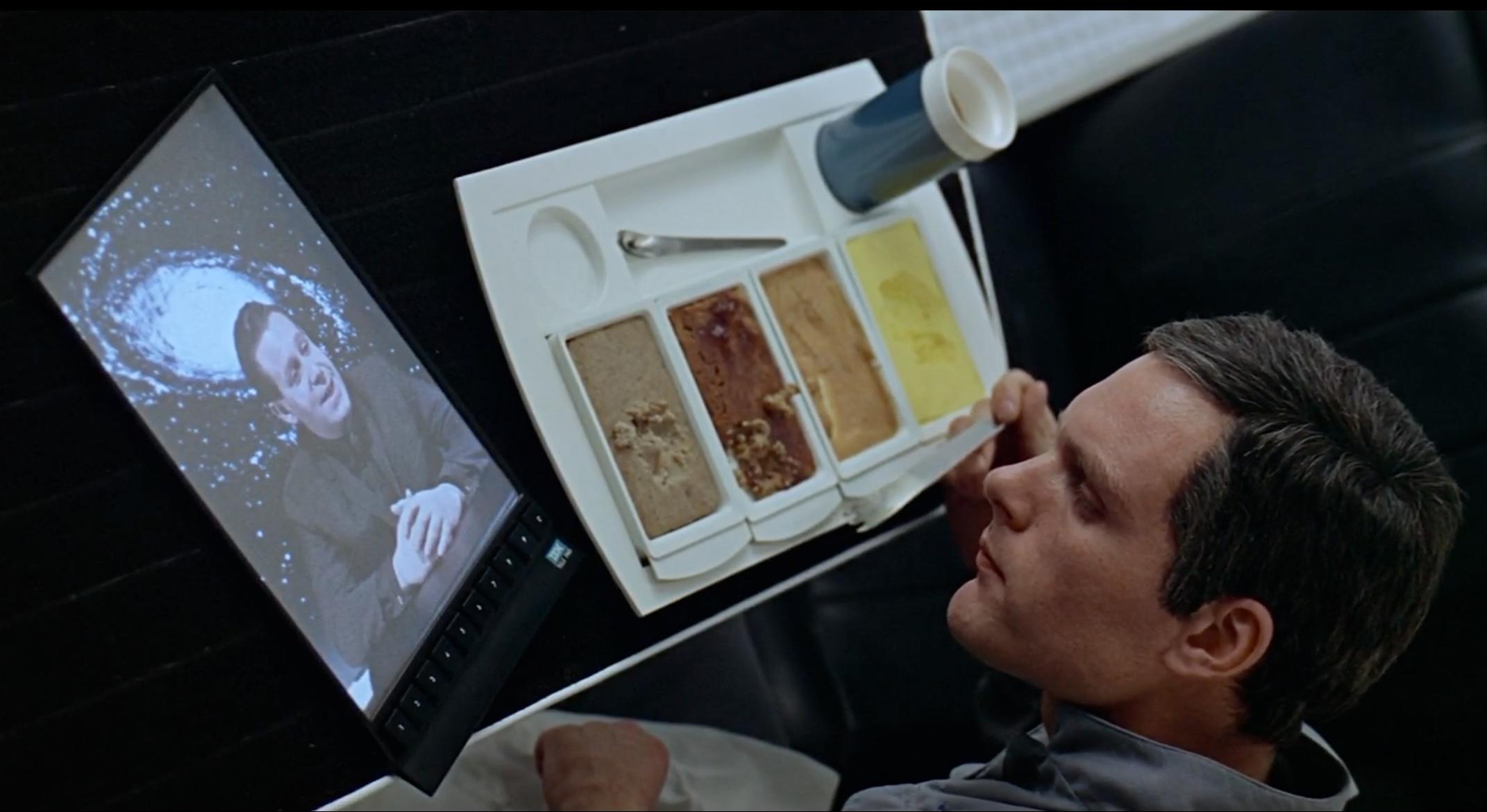
For all intents and purposes, tablet technology was introduced to the mainstream when the iPad debuted in 2010. For many years, many companies had experimented with many different products within this realm of hardware, but this new creation from Apple was the first real success of this new genre of computing.
But boy did that thing look familiar.
Had Steve Jobs and co. introduced us to something new? Or did they just give practical life to a creation from the minds of Arthur C. Clarke and Stanley Kubrick?
The Newspad was a sleek, flat, black, tablet computer that appeared in both the novel and film adaptations of 2001. This device allowed the astronauts of the space shuttle Odyssey to “see the headlines of any newspaper (they) pleased” while “speeding away from Earth at thousands of miles an hour.” It also featured video playback capabilities, and ran on graphical operating system similar to the tablets of the 21st century.
So…an iPad. Basically.
If you’re not convinced that Apple isn’t at least paying homage the Newspad of 2001 (if not stealing the concept altogether) with the aesthetics and functionality of the iPad and iPhone, go ahead and ask Siri to “open the pod bay doors.” A couple times.